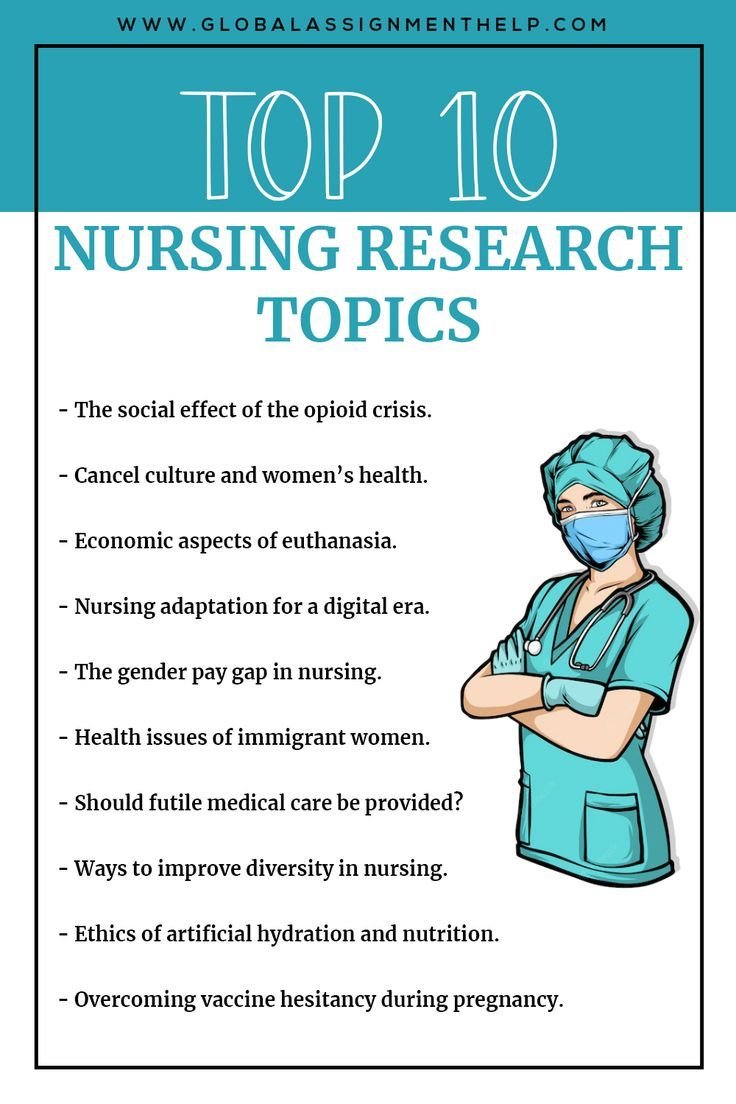1. Virtual Production: AI can be used to create realistic virtual sets, landscapes, and environments, reducing the need for physical production locations and costs.
2. Video Editing: AI algorithms can automate the process of editing footage, including cut selection, transitions, and color grading, saving time and effort for editors.
3. Visual Effects: AI enables the creation of intricate and advanced visual effects, such as CGI characters, creatures, and explosions, enhancing the overall visual appeal of films.
4. Deepfake Detection: With the rise of deepfake technology, AI can be used to detect and authenticate real versus manipulated content, safeguarding against misinformation and fake scenes.
5. Script Analysis: AI algorithms can analyze scripts, identify patterns, predict audience reception, and offer suggestions to improve storytelling, characters, and dialogue.
6. Personalized Marketing: Through AI-driven analytics, film studios can target specific audiences, personalize their marketing campaigns, and optimize ticket sales and promotion strategies.
7. Audience Sentiment Analysis: AI can analyze social media discussions, reviews, and audience feedback to provide essential insights, enabling filmmakers to gauge audience sentiments and adapt their strategies accordingly.
8. Predictive Analytics: AI can analyze historical data and patterns to predict box office performance, informing production decisions and investment strategies for film projects.
9. Automated Subtitling and Captioning: AI algorithms can automatically generate subtitles and captions for films, ensuring accessibility for hearing-impaired audiences and international viewers.
10. Film Restoration: AI can be used to restore old films, digitally removing scratches, dust, and other imperfections, preserving and revitalizing cinematic classics.
Please note that AI applications in the film industry are continuously evolving, and new developments might emerge over time.
















